
Lira: The Heartbeat of Northern Uganda
Lira, located in the northern region of Uganda, is a city that beautifully balances the charm of traditional African culture with the vibrancy of urban life. Known for its friendly and resilient people, Lira offers tourists a unique glimpse into the rich history and traditions of the Lango people. The city is a hub of community and culture, where one can experience the warmth and hospitality of Ugandan life firsthand. The bustling local markets are a must-visit, offering a variety of goods from fresh produce to handcrafted items. These markets are not just places of commerce but also social hubs where you can engage with locals and learn about their way of life. The nearby Otuke Hills provide a perfect escape for nature lovers and hikers, offering breathtaking views and a serene environment to unwind. Lira also boasts a range of historical sites, including memorials and museums that tell the story of the region's past. The city's vibrant nightlife, with its mix of modern bars and traditional dance venues, ensures that there's something for everyone to enjoy. Whether you're exploring its cultural heritage or simply soaking in the local atmosphere, Lira promises an enriching and memorable experience.
Local tips in Lira
- Visit the local markets early in the morning for the freshest produce and a lively atmosphere.
- Respect local customs and traditions; dress modestly when visiting rural areas.
- Engage with locals to learn about the history and culture of the Lango people.
- Hire a local guide for hiking trips to the Otuke Hills for safety and a richer experience.
- Try local dishes like 'malakwang' and 'atapa' to get a true taste of Lira's cuisine.
Lira: The Heartbeat of Northern Uganda
Lira, located in the northern region of Uganda, is a city that beautifully balances the charm of traditional African culture with the vibrancy of urban life. Known for its friendly and resilient people, Lira offers tourists a unique glimpse into the rich history and traditions of the Lango people. The city is a hub of community and culture, where one can experience the warmth and hospitality of Ugandan life firsthand. The bustling local markets are a must-visit, offering a variety of goods from fresh produce to handcrafted items. These markets are not just places of commerce but also social hubs where you can engage with locals and learn about their way of life. The nearby Otuke Hills provide a perfect escape for nature lovers and hikers, offering breathtaking views and a serene environment to unwind. Lira also boasts a range of historical sites, including memorials and museums that tell the story of the region's past. The city's vibrant nightlife, with its mix of modern bars and traditional dance venues, ensures that there's something for everyone to enjoy. Whether you're exploring its cultural heritage or simply soaking in the local atmosphere, Lira promises an enriching and memorable experience.
When is the best time to go to Lira?
Iconic landmarks you can’t miss
Kabaka's Palace
Explore the grandeur of Kabaka's Palace, a historic landmark in Kampala, where culture and history intertwine in the heart of Buganda Kingdom.

YUSUF GARMENTS DESIGNS
Discover vibrant local fashion and traditional crafts at Yusuf Garments Designs, a lively marketplace in Lira, Uganda, perfect for unique shopping experiences.
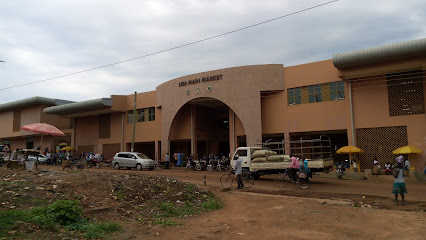
Hotel Good News
Discover comfort and hospitality at Hotel Good News in Lira, Uganda, where modern amenities meet local charm for an unforgettable stay.

Vintage Lounge
Discover the flavors of Uganda at Vintage Lounge, Lira's premier grill and bar destination for an unforgettable dining experience.
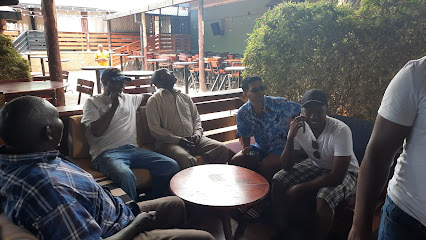
Gracious Palace Hotel
Experience comfort and local charm at Gracious Palace Hotel, your ideal base for exploring the beauty of Lira, Uganda.

Amazon Pub
Discover the lively atmosphere of Amazon Pub in Lira, Uganda - where vibrant nightlife meets local culture for an unforgettable experience.
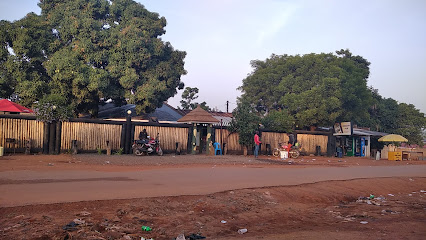
Independence Monument
Discover the Independence Monument in Kampala, a powerful tribute to Uganda's heritage and a must-see for every traveler exploring the capital.

Lillian Towers Hotel
Discover the charm of Lira at Lillian Towers Hotel, where comfort meets local culture in the heart of Uganda.

Pauline Hotel
Discover the charm of Lira at Pauline Hotel, where comfort meets culture in the heart of Uganda.

Speke Memorial Monument, source of the Nile
Explore the historic Speke Memorial Monument in Jinja, a tribute to the Nile's discovery surrounded by beauty and nature's tranquility.

Pacific Grand Hotel
Discover the Pacific Grand Hotel in Lira, a perfect blend of comfort, local charm, and a hub for social gatherings in Uganda's vibrant community.

Kanberra Hotel
Kanberra Hotel in Lira, Uganda: A cozy retreat blending local charm with modern comfort for an unforgettable stay.

Aruu Falls
Explore the serene beauty of Aruu Falls, a stunning waterfall in Uganda surrounded by lush landscapes and rich biodiversity, perfect for nature lovers.

Nyero Rock Paintings
Discover the captivating Nyero Rock Paintings, an ancient site showcasing Uganda's rich cultural heritage through stunning rock art amidst breathtaking landscapes.

Fort Patiko
Explore the historical wonders of Fort Patiko in Gulu, Uganda, where rich heritage meets stunning landscapes for an unforgettable experience.

Unmissable attractions to see
Wii Okole
Explore the captivating beauty of Wii Okole Nature Preserve, a sanctuary of wildlife and tranquility in the heart of Uganda.
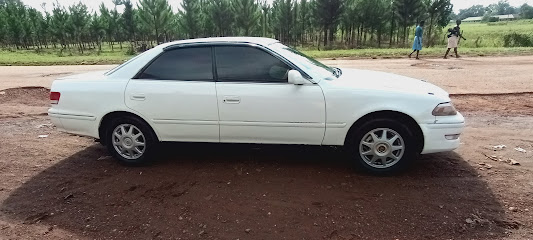
The Parkland Palace-Amuca
Experience the tranquility of The Parkland Palace-Amuca, a beautiful country park in Uganda, perfect for relaxation and nature exploration.
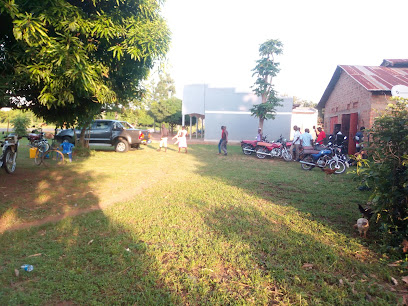
Got Ngetta
Explore Got Ngetta, a stunning nature preserve in Uganda and Lira City's premier hiking destination, perfect for nature lovers and adventure seekers.
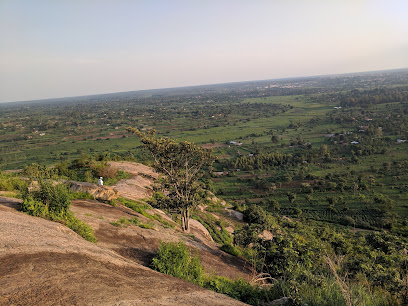
Wii Lela
Explore Wii Lela, a vibrant tourist attraction in Lira, Uganda, where culture, art, and local flavors come together for an unforgettable experience.

Forest Park
Explore the tranquil beauty of Forest Park in Lira, a perfect spot for relaxation, picnics, and enjoying nature's splendor.
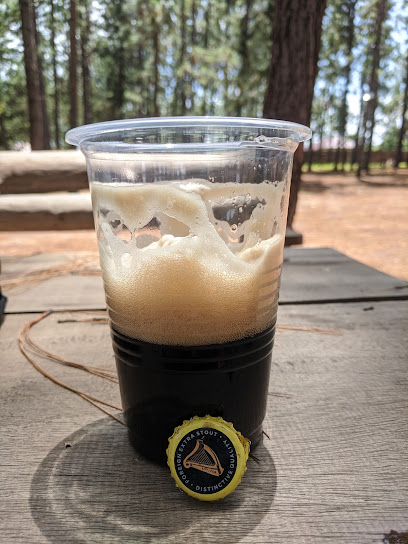
Kasubi Tombs
Discover the cultural heritage of Uganda at the Kasubi Tombs, a UNESCO World Heritage Site and the resting place of Buganda's kings.

Ambrosoli Gardens
Experience the tranquil beauty of Ambrosoli Gardens in Lira – a perfect escape for nature lovers and a serene spot for relaxation.
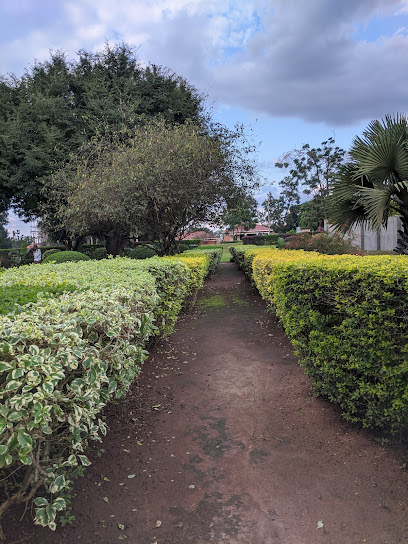
Big Wallet
Explore the lush landscapes and vibrant community of Big Wallet Park in Lira, a perfect blend of nature and local culture.
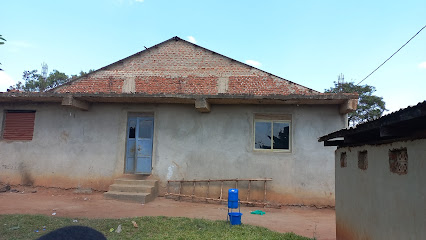
Twin tree Gulu Highway
Discover the breathtaking landscapes and rich culture along the iconic Twin Tree Gulu Highway in Uganda, a must-visit for all travelers seeking adventure.

TAF Agritourism Farm
Discover the beauty of Ugandan agriculture at TAF Agritourism Farm, where hands-on experiences and nature await every traveler.
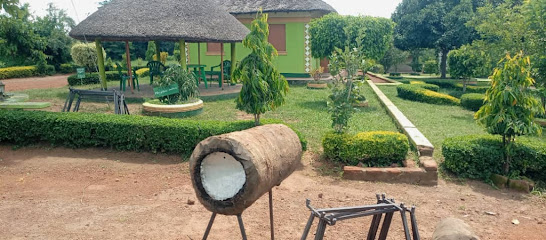
RFGodi Mountain
Explore the breathtaking beauty of RFGodi Mountain in Lira, Uganda – a hiker's paradise with stunning views and rich biodiversity.
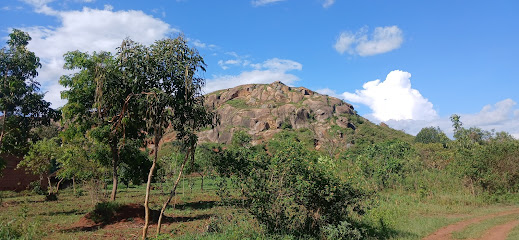
اینا توپن؟
Explore the serene beauty of اینا توپنف Park in Kilak, a perfect destination for relaxation, outdoor activities, and stunning natural landscapes.

Julius Okoch Gardens
Explore the lush tranquility of Julius Okoch Gardens in Lira, Uganda, a serene retreat showcasing vibrant flora and cultural charm.

Essential places to dine
Vintage Lounge
Discover the vibrant flavors of Uganda at Vintage Lounge, Lira's premier grill destination offering delicious food and lively atmosphere.

Sankofa Cafe ,Lira City
Experience authentic Ugandan cuisine at Sankofa Cafe in Lira City - where flavor meets tradition in a welcoming setting.
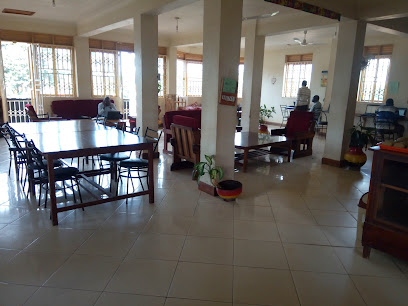
Sunset Restaurant
Experience authentic Ugandan cuisine at Sunset Restaurant in Lira—where flavor meets culture in an inviting atmosphere.
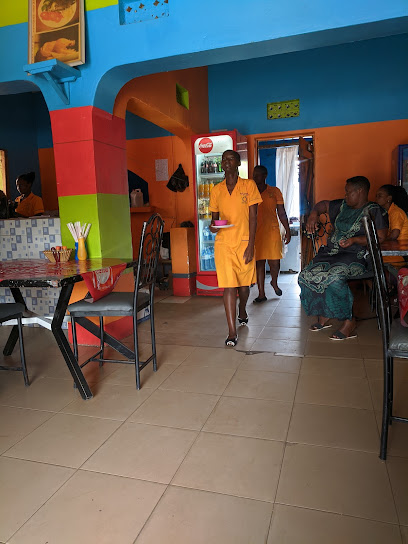
Riders Pub
Discover delicious grilled dishes and vibrant local culture at Riders Pub in Lira - a perfect dining spot for tourists seeking authentic experiences.
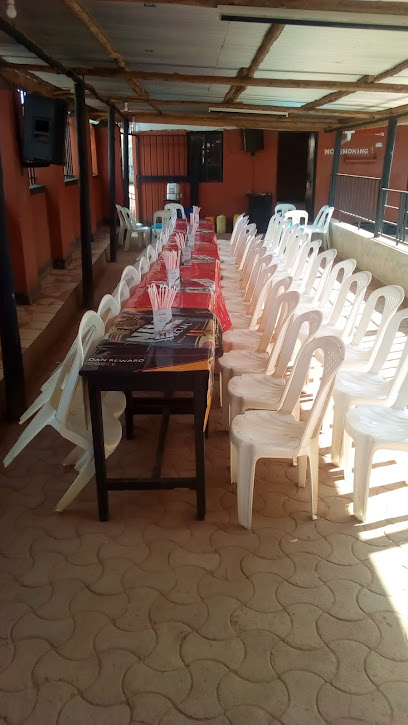
The Sterling Village
Experience the rich flavors of Uganda at The Sterling Village - A culinary gem in Lira offering delightful dishes from local to international cuisines.
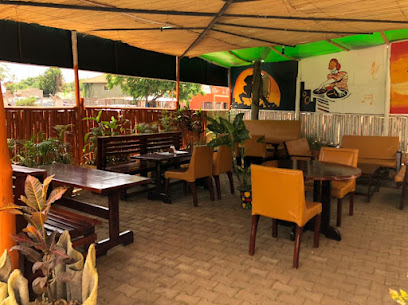
ANMOL HOTEL AND RESTAURANT
Savor the flavors of Uganda at Anmol Hotel and Restaurant – your culinary oasis in Lira offering diverse dishes in a welcoming atmosphere.
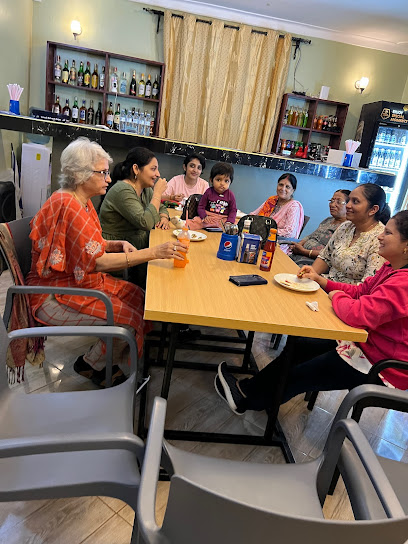
The Grill
Experience authentic Ugandan cuisine at The Grill in Lira – where flavor meets tradition in a warm and inviting atmosphere.
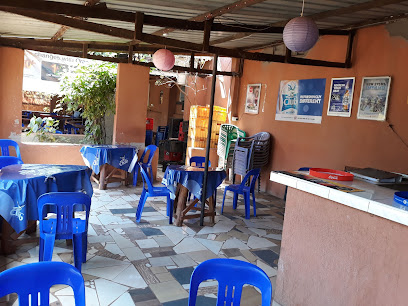
Beaver Restaurant
Discover authentic Ugandan flavors at Beaver Restaurant in Lira – where every dish tells a story.
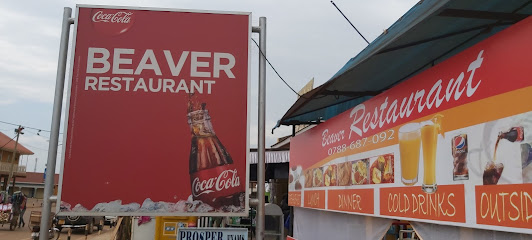
Mabrook Restaurant
Discover the rich flavors of Uganda at Mabrook Restaurant in Lira – where authentic cuisine meets warm hospitality.
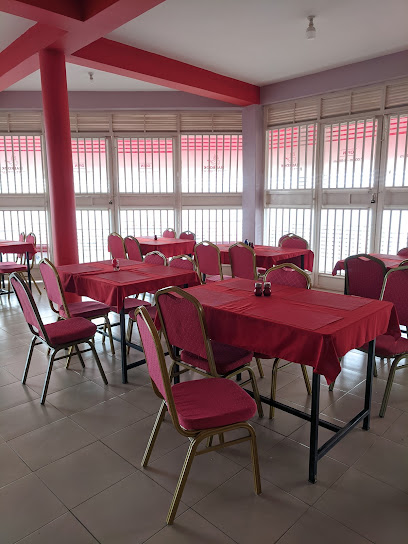
Triplates Restaurant
Discover authentic Ugandan cuisine at Triplates Restaurant in Lira—where local flavors meet warm hospitality.
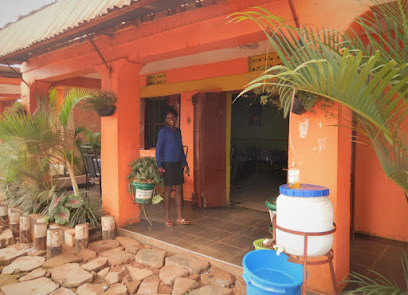
Chillerz Bar & Grill
Experience authentic Ugandan flavors at Chillerz Bar & Grill in Lira – where delicious grilled dishes meet a vibrant atmosphere.
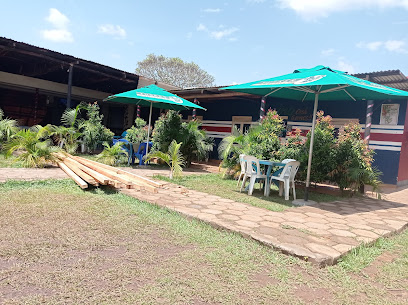
Tender Pot Restaurant
Experience authentic Ugandan flavors at Tender Pot Restaurant in Lira – where every meal tells a story.
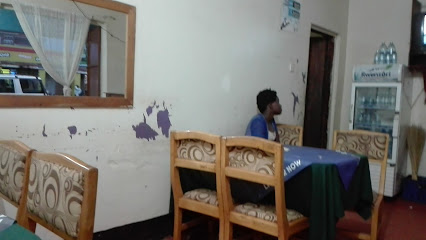
Spark Restaurant Lira
Experience authentic Ugandan cuisine at Spark Restaurant Lira—where local flavors meet warm hospitality in a cozy atmosphere.
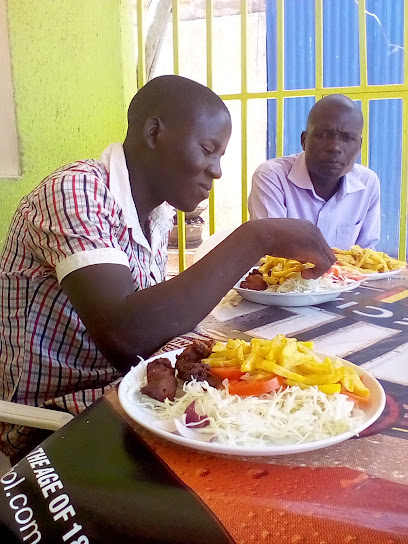
God's Mercy Restaurant
Discover authentic Ugandan cuisine at God's Mercy Restaurant in Lira - a delightful culinary experience awaits every traveler.

Golden Restaurant
Discover the authentic flavors of Uganda at Golden Restaurant in Lira - where every meal tells a story.
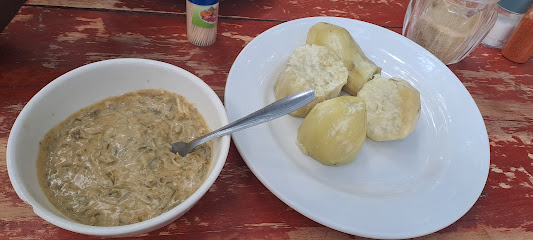
Markets, malls and hidden boutiques
YUSUF GARMENTS DESIGNS
Explore the vibrant Yusuf Garments Designs in Lira, Uganda, where local fashion and culture come together in a unique shopping experience.

One Stop Supermarket
Explore One Stop Supermarket in Lira for a delightful selection of local and international groceries, perfect for tourists and locals alike.

World Trade Center-Lira
Discover the vibrant blend of shopping, dining, and culture at World Trade Center-Lira, a must-visit destination in Uganda.
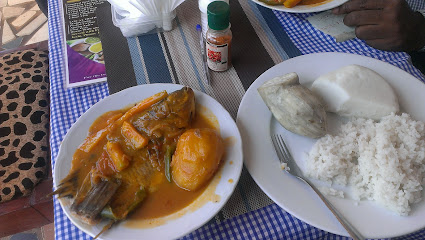
New Lira Supermarket
Experience local culture and flavors at New Lira Supermarket, a vibrant destination for fresh produce and unique Ugandan products.
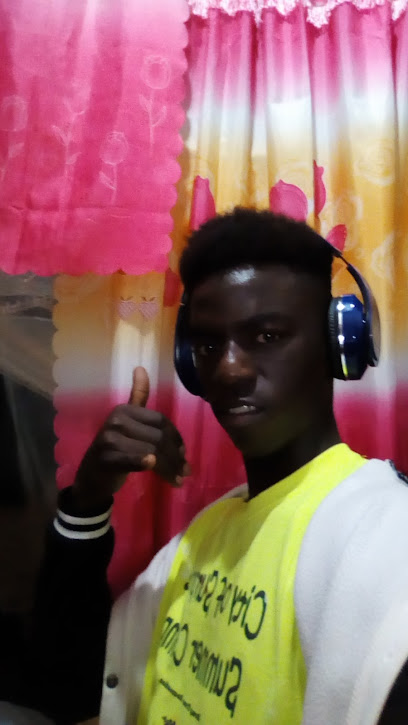
Lira City Mall
Experience the charm of Lira City Mall, blending local culture, shopping variety, and delightful dining in the heart of Lira, Uganda.

Yammie Shoppers
Discover the vibrant Yammie Shoppers market in Lira, Uganda, where local produce and electronics come together in a bustling shopping experience.
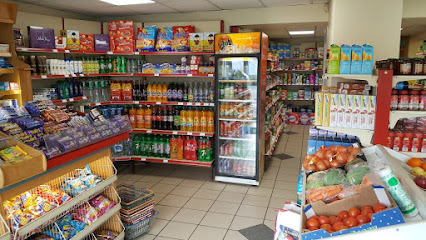
Jaso Electric Mart
Discover unbeatable deals on the latest electronics at Jaso Electric Mart in Lira, the ultimate shopping destination for tech enthusiasts.
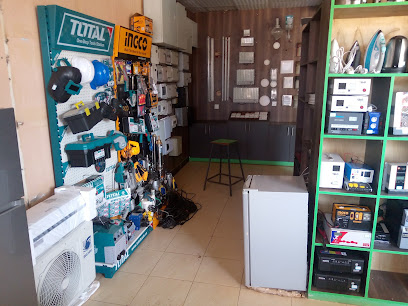
Balm Groceries
Experience the vibrant flavors of Uganda at Balm Groceries, a must-visit grocery store in Lira that showcases fresh local produce and culinary delights.

Gamers Arena Lira
Explore Gamers Arena Lira for an exciting selection of video games, consoles, and a vibrant gaming community in Uganda.
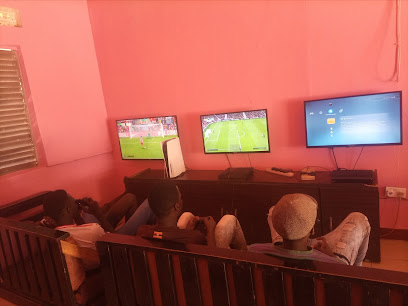
Apostolic Book Store
Discover the Apostolic Book Store in Lira, a haven for book lovers and cultural enthusiasts, offering a diverse selection of Ugandan literature and community events.

Lira Shoppers Supermarket
Discover the local flavors at Lira Shoppers Supermarket, a vibrant grocery store in the heart of Lira, Uganda, offering a diverse range of products.
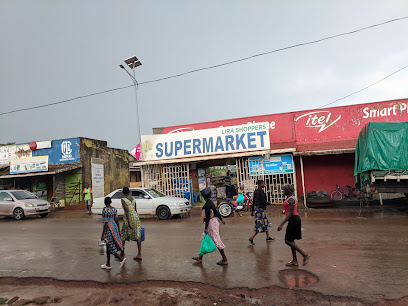
BANANA PHONE WORLD LIRA
Explore Banana Phone World in Lira for the latest mobile devices and accessories, blending affordability with quality in a vibrant shopping experience.
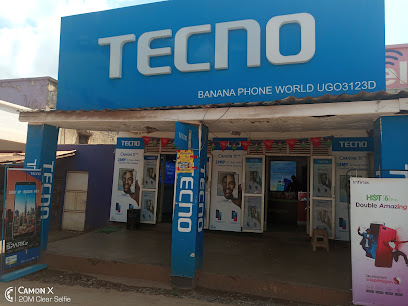
Esther Materials and fashions Design
Explore unique local fashion at Esther Materials and Fashions Design, where creativity meets authenticity in the heart of Lira, Uganda.
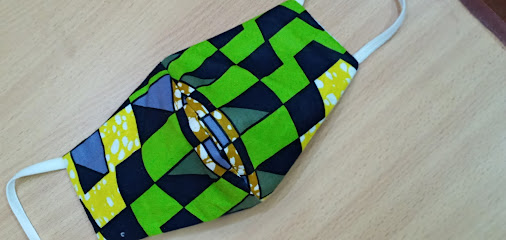
BF Suma lira
Discover health and beauty essentials at BF Suma Lira, the go-to shop for rejuvenation and wellness products in the heart of Lira.
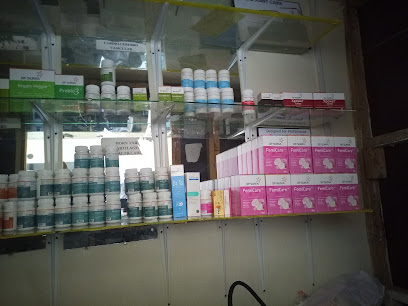
Biziciti Shoppers
Explore Biziciti Shoppers in Lira for a delightful selection of stylish women's clothing that reflects local culture and contemporary trends.
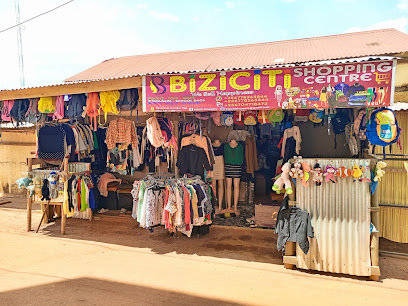
Essential bars & hidden hideouts
Vintage Lounge
Discover the vibrant culinary scene at Vintage Lounge in Lira, where delicious grilled dishes and a welcoming atmosphere await every visitor.

Amazon Pub
Discover the vibrant nightlife of Lira at Amazon Pub, where local flavors meet a lively atmosphere for an unforgettable experience.

Front page Lounge Swimming pool Bar & Grill
Discover relaxation and flavor at Front Page Lounge Swimming Pool Bar & Grill in Lira - the perfect retreat for tourists seeking leisure and local cuisine.
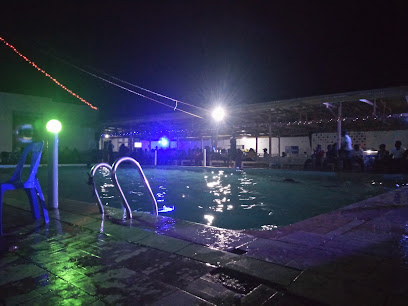
Riders Pub
Discover Riders Pub in Lira: A lively bar and grill offering delicious grilled dishes and a welcoming atmosphere for tourists and locals alike.

Ferroz Lounge
Ferroz Lounge in Lira: A lively bar and restaurant offering delicious food, refreshing drinks, and vibrant local music in an inviting atmosphere.

Garden INN
Experience the vibrant nightlife at Garden INN, a lively bar in Lira, offering a mix of local and international drinks and a welcoming atmosphere.

Lestina Bar
Discover the vibrant atmosphere of Lestina Bar in Lira, Uganda, where locals and tourists alike enjoy refreshing drinks and lively conversations.
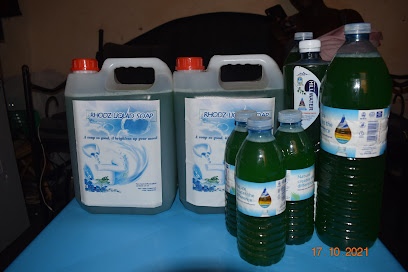
Capital Pub Lira
Experience the charm of Lira at Capital Pub, where friendly vibes and refreshing drinks await in a cozy setting.
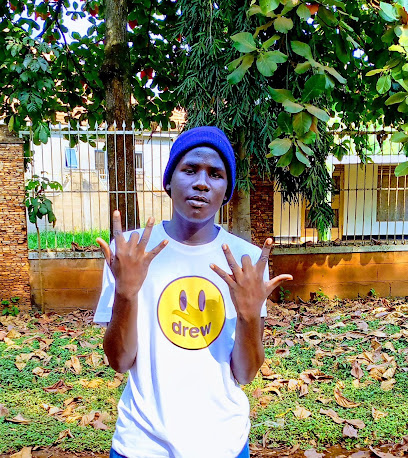
Chillerz Bar & Grill
Experience the vibrant flavors and warm hospitality at Chillerz Bar & Grill, the perfect dining spot in the heart of Lira, Uganda.

The Hive Bar
Discover the vibrant nightlife of Lira at The Hive Bar, where local brews, cocktails, and a lively atmosphere await.
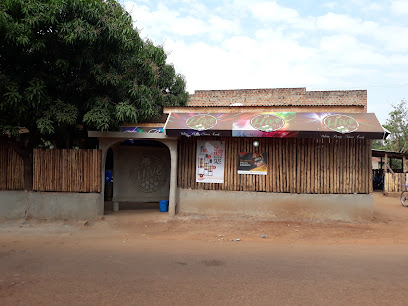
Lollipop bar
Experience the vibrant nightlife of Lira at Lollipop Bar, where lively drinks and local culture blend seamlessly.
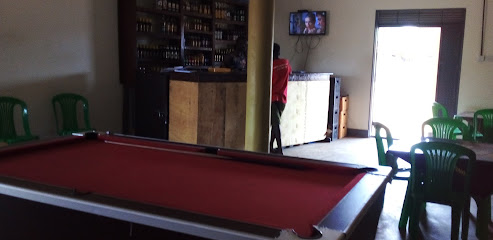
uhuru Bar
Discover the lively ambiance of Uhuru Bar, a local favorite in Lira, offering a diverse drink selection and a taste of Ugandan nightlife.

De luv Shark Lounge
Experience the vibrant nightlife at De Luv Shark Lounge, where great drinks and local culture come together in the heart of Lira, Uganda.
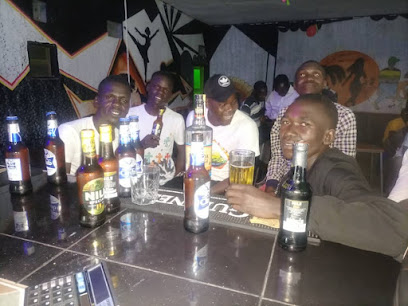
Clouds
Discover the lively atmosphere of Clouds Bar in Lira, where local drinks and vibrant nightlife meet for an unforgettable experience.

Local Phrases
-
- HelloYaa
[yah] - GoodbyeAdeu
[ah-deh-oo] - YesEego
[ee-go] - NoNya
[nyah] - Please/You're welcomeKale
[kah-leh] - Thank youWebale
[weh-bah-leh] - Excuse me/SorryNizibu
[nee-zee-boo] - How are you?Otye nade?
[oh-tyeh nah-deh?] - Fine. And you?Riwo. Otye?
[ree-woh. oh-tyeh?] - Do you speak English?Ojukuna Englino?
[oh-joo-koo-nah ehn-glee-noh?] - I don't understandAninga maber?
[ah-neen-gah mah-behr?]
- HelloYaa
-
- I'd like to see the menu, pleaseDok lok menu, kalem
[dohk lohk meh-noo, kah-lehm] - I don't eat meatAninga konyo
[ah-neen-gah kohn-yoh] - Cheers!Malamalwa!
[mah-lah-mahl-wah] - I would like to pay, pleaseDok lok kwo, kalem
[dohk lohk kwoh, kah-lehm]
- I'd like to see the menu, pleaseDok lok menu, kalem
-
- Help!Woo!
[woh!] - Go away!Joo pi!
[joh pee!] - Call the Police!Kol poliisi!
[kohl poh-lee-see!] - Call a doctor!Kol dokita!
[kohl doh-kee-tah!] - I'm lostAninga kwano
[ah-neen-gah kwah-noh] - I'm illAninga malang
[ah-neen-gah mah-lahng]
- Help!Woo!
-
- I'd like to buy...Dok lok tye...
[dohk lohk tyeh...] - I'm just lookingIdwogo
[ee-dwoh-goh] - How much is it?Otegek iyi?
[oh-teh-gehk ee-yee?] - That's too expensiveIyi loko dong
[ee-yee loh-koh dohng] - Can you lower the price?Otegek iyi kwo?
[oh-teh-gehk ee-yee kwoh?]
- I'd like to buy...Dok lok tye...
-
- What time is it?Gini iyi?
[gee-nee ee-yee?] - It's one o'clockIyi cwiny
[ee-yee chwee-ny] - Half past (10)Kumodong (10)
[koo-moh-dohng (10)] - MorningDiket
[dee-keht] - AfternoonLamogi
[lah-moh-gee] - EveningLingi
[leen-gee] - YesterdayNyingi
[nyeen-gee] - TodayEno
[eh-noh] - TomorrowApwoyo
[ah-pwoh-yoh] - 1Acan
[ah-chahn] - 2Abedo
[ah-beh-doh] - 3Atato
[ah-tah-toh] - 4Apwoyo
[ah-pwoh-yoh] - 5Abic
[ah-beech] - 6Ajwaka
[ah-jwah-kah] - 7Abiri
[ah-bee-ree] - 8Abiri-biri
[ah-bee-ree-bee-ree] - 9Ajok
[ah-johk] - 10Abic
[ah-beech]
- What time is it?Gini iyi?
-
- Where's a/the...?Kora...?
[koh-rah...?] - What's the address?Gini adreso?
[gee-nee ah-dreh-soh?] - Can you show me (on the map)?Otegek gonyo (i map)?
[oh-teh-gehk gohn-yoh (ee mahp)?] - When's the next (bus)?Gini gonyo (basi) malo?
[gee-nee gohn-yoh (bah-see) mah-loh?] - A ticket (to ....)Tiketi (kwa ....)
[tee-keh-tee (kwah ....)]
- Where's a/the...?Kora...?
History of Lira
-
Before the advent of colonial rule, the area now known as Lira was inhabited by the Langi people, an ethnic group known for their rich culture and traditions. They primarily engaged in agriculture, cattle herding, and ironworking. The Langi were organized into clans, each led by a chief, and had a complex social structure that included rituals and ceremonies.
-
Lira came under British colonial rule in the late 19th and early 20th centuries. The British established administrative posts and introduced new systems of governance, which often disrupted the traditional social structures. The colonial period saw the construction of infrastructure such as roads and schools, but also brought challenges, including forced labor and taxation.
-
Uganda gained independence from British rule on October 9, 1962. Following independence, Lira became an important regional center. The early post-colonial period was marked by political instability and economic challenges. Various governments focused on developing the region, but progress was often hampered by political turmoil.
-
During the 1970s, the rule of Idi Amin had a significant impact on Lira and the surrounding regions. Amin's regime was characterized by human rights abuses and economic decline. Lira, like much of Uganda, experienced hardship during this period, with many people suffering from political repression and economic instability.
-
From the late 1980s to the early 2000s, Lira was heavily affected by the insurgency led by the Lord's Resistance Army (LRA). The conflict caused widespread displacement and suffering for the local population. Many people were forced to flee their homes, and the region faced significant security challenges. Efforts to bring peace and stability to the area were ongoing for many years.
-
In recent years, Lira has been undergoing a process of recovery and development. Efforts have been made to rebuild infrastructure, improve social services, and promote economic growth. The community has focused on healing and reconciliation, with various initiatives aimed at supporting those affected by the conflict. Today, Lira is a vibrant town with a growing economy and a rich cultural heritage.
-
Lira is known for its rich cultural heritage, particularly that of the Langi people. Traditional music, dance, and crafts are an integral part of the community. Festivals and ceremonies are held throughout the year, celebrating various aspects of life and cultural identity. The town is also home to several cultural sites and museums that showcase the history and traditions of the region.
Lira Essentials
-
Lira is located in the Northern Region of Uganda. The nearest international airport is Entebbe International Airport, approximately 340 kilometers away. From Entebbe, you can take a domestic flight to Gulu Airport and then travel by road to Lira, which is about 100 kilometers away. Alternatively, you can take a bus or hire a private car from Kampala, the capital city, to Lira. The journey by road typically takes around 5 to 7 hours, depending on traffic and road conditions.
-
Within Lira, boda-bodas (motorcycle taxis) are the most common form of transportation and are relatively inexpensive. Taxis and minivans (matatus) are also available for longer journeys or group travel. For a more comfortable and private experience, you can hire a car from local car rental services. Walking is a viable option for exploring the town center and nearby attractions.
-
The official currency in Uganda is the Ugandan Shilling (UGX). Credit cards are accepted in some hotels, restaurants, and larger shops, but it is advisable to carry cash, especially when visiting smaller establishments and local markets. ATMs are available in Lira, but it is wise to carry sufficient cash for your daily expenses. Currency exchange services are available at major banks and some hotels.
-
Lira is generally a safe destination for tourists, but it is advisable to take standard precautions. Avoid walking alone at night in unfamiliar areas and keep an eye on your belongings in crowded places such as markets. Some areas may have higher crime rates, so it is best to avoid isolated spots and stay vigilant. Always use registered taxis or transportation services.
-
In case of emergency, dial 112 for immediate assistance. The local police station and medical facilities, including Lira Regional Referral Hospital, are available in Lira. It is recommended to have travel insurance that covers medical emergencies. For minor health issues, there are pharmacies in the town where you can purchase over-the-counter medications.
-
Fashion: Do dress modestly, especially when visiting religious sites or rural areas. Avoid wearing overly revealing clothing. Religion: Do respect local customs and traditions. When visiting places of worship, dress conservatively and be respectful. Public Transport: Do be respectful and give up your seat to elderly or disabled passengers. Don't eat or drink on public transport. Greetings: Do greet people with a handshake. It is customary to greet elders with a slight bow of the head. Eating & Drinking: Do try local delicacies and accept food offerings graciously. Don't refuse hospitality, as it is considered impolite.
-
To experience Lira like a local, visit the bustling Lira Main Market where you can buy fresh produce and traditional Ugandan goods. Engage with locals, as they are often friendly and willing to share stories about the town's history and culture. Don't miss the opportunity to explore the nearby cultural sites and natural attractions, such as the Amuka Safari Lodge and the Otuke Hills for hiking and wildlife viewing. Try traditional dishes like 'malakwang' and 'atapa' at local eateries.
Trending Landmark in Lira
Nearby Cities to Lira
-
Things To Do in Gulu
-
Things To Do in Mbale
-
Things To Do in Jinja
-
Things To Do in Kampala
-
Things To Do in Arua
-
Things To Do in Entebbe
-
Things To Do in Kitale
-
Things To Do in Masaka
-
Things To Do in Eldoret
-
Things To Do in Kisumu
-
Things To Do in Fort Portal
-
Things To Do in Mbarara
-
Things To Do in Bukoba
-
Things To Do in Nakuru
-
Things To Do in Nyagatare









